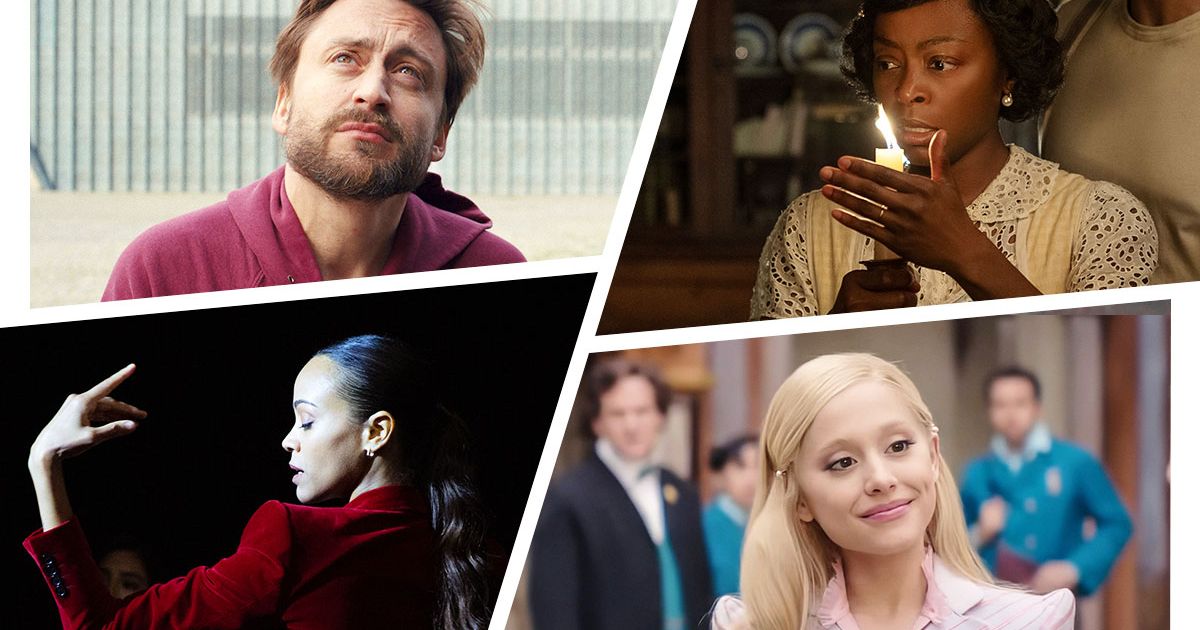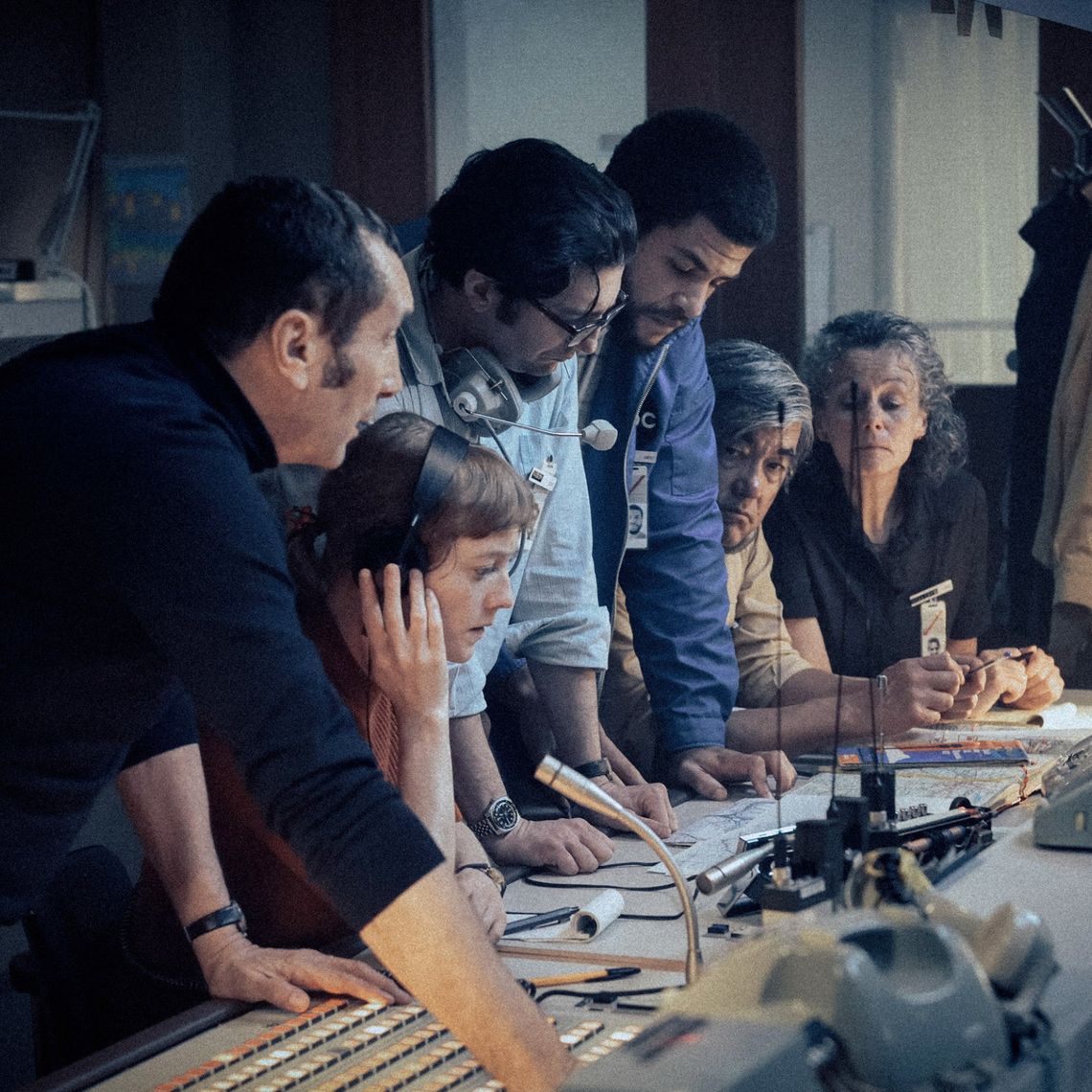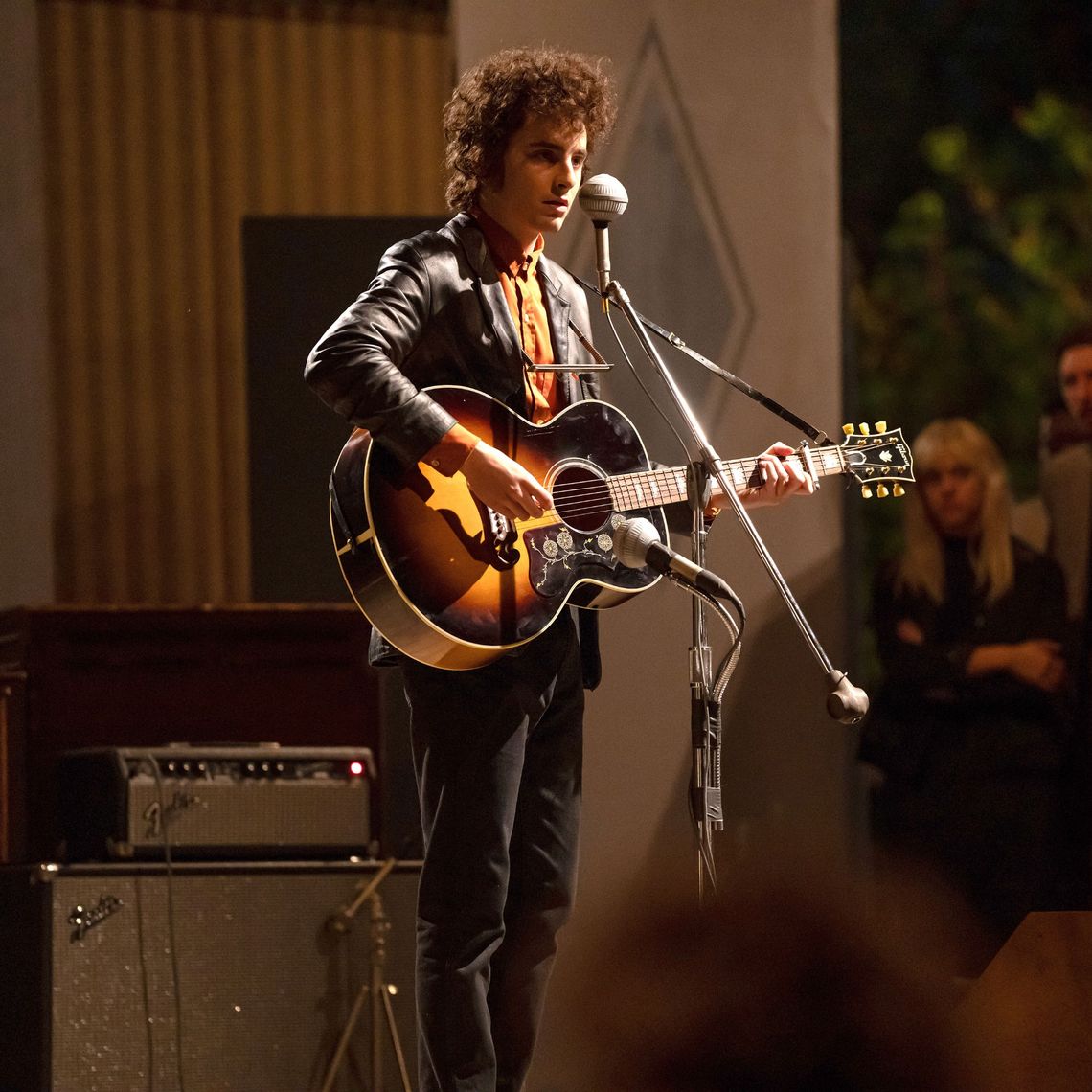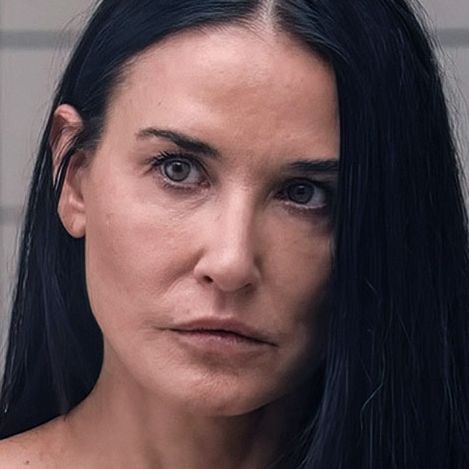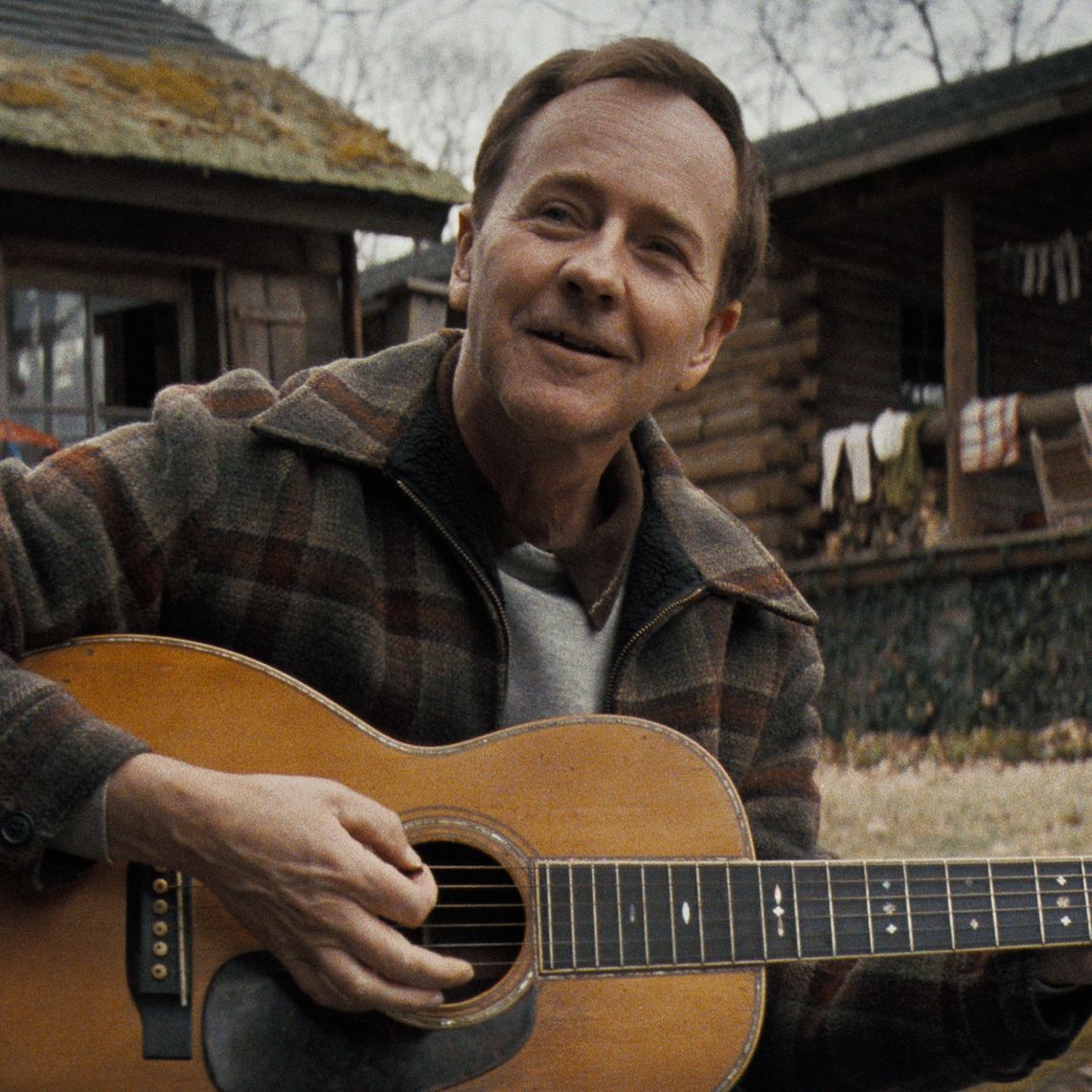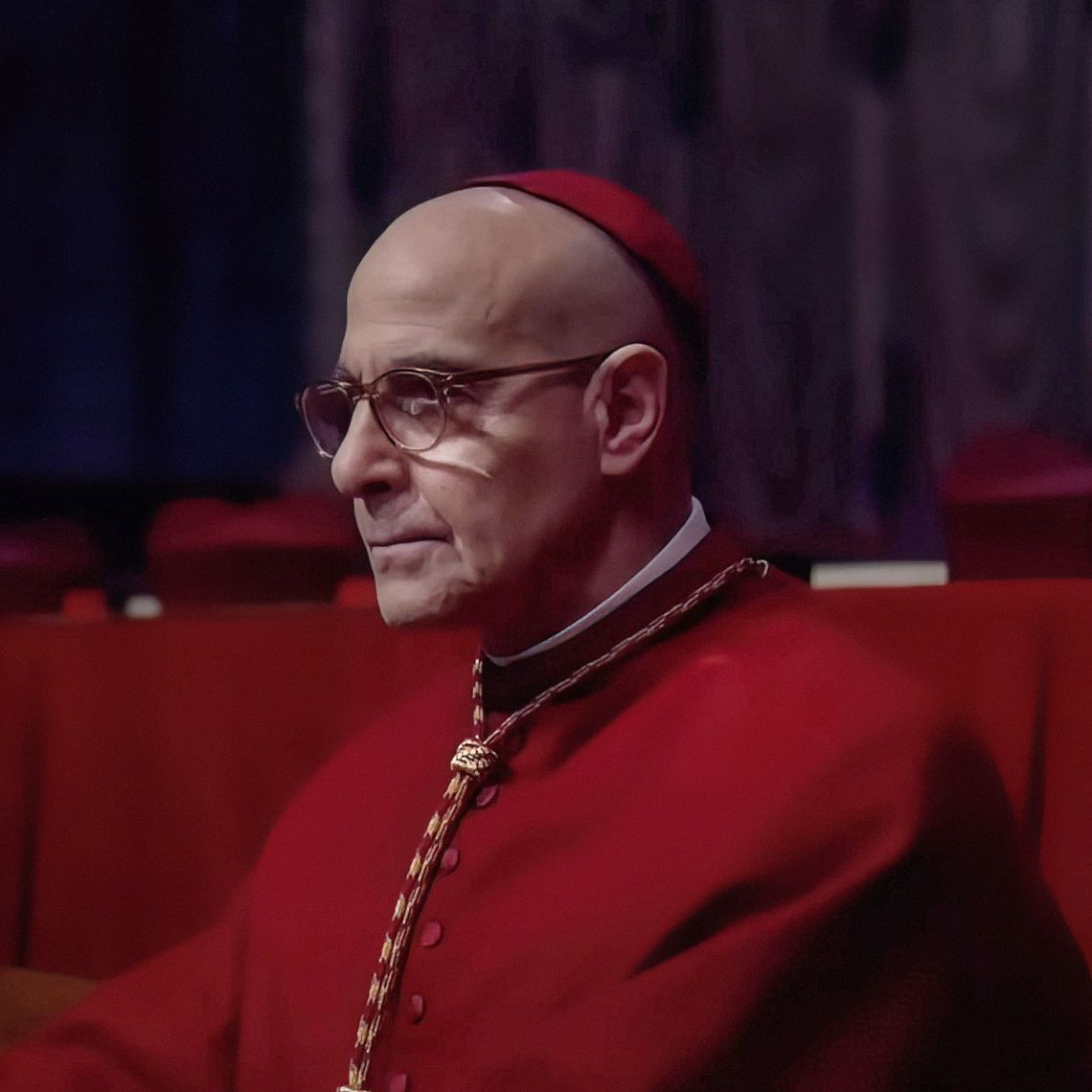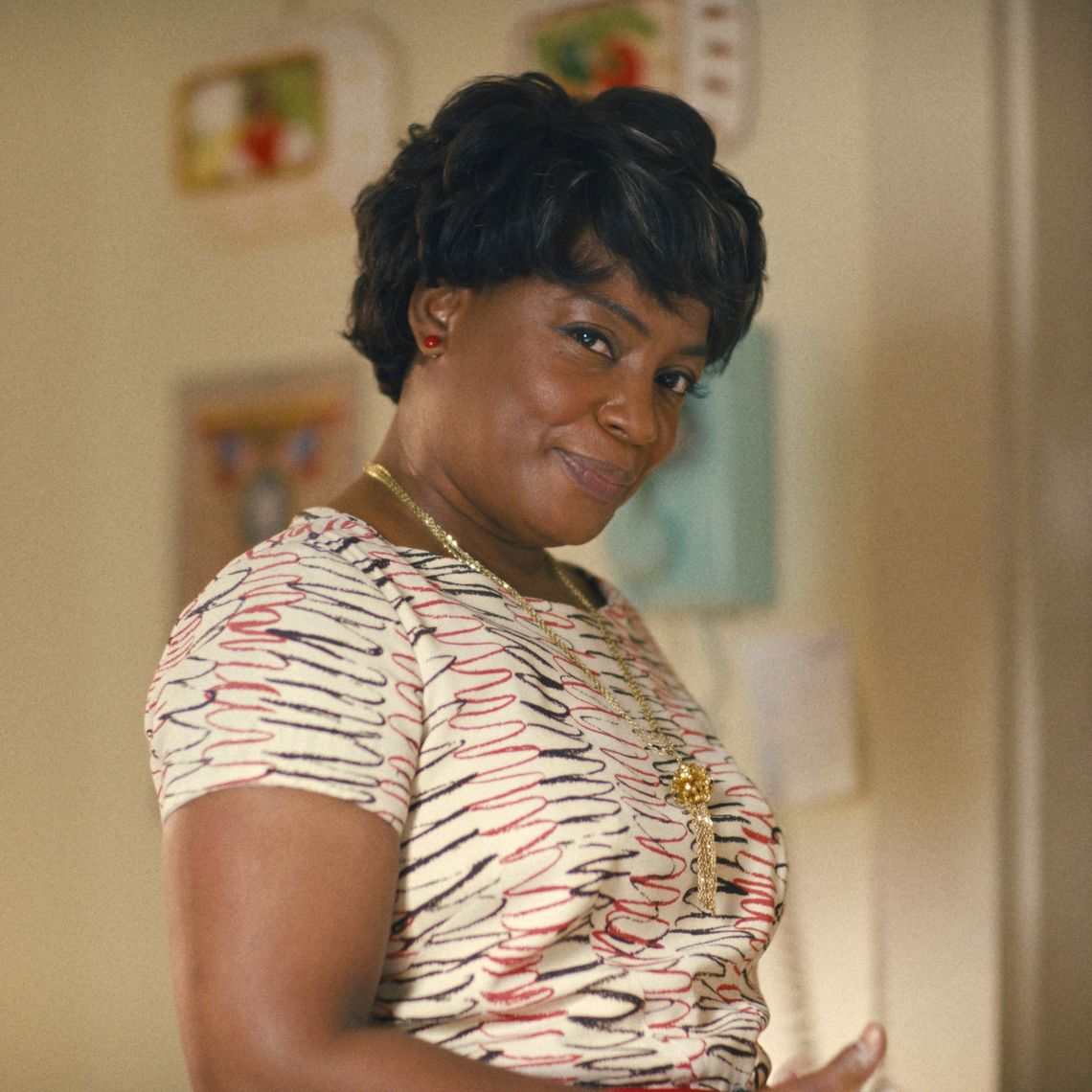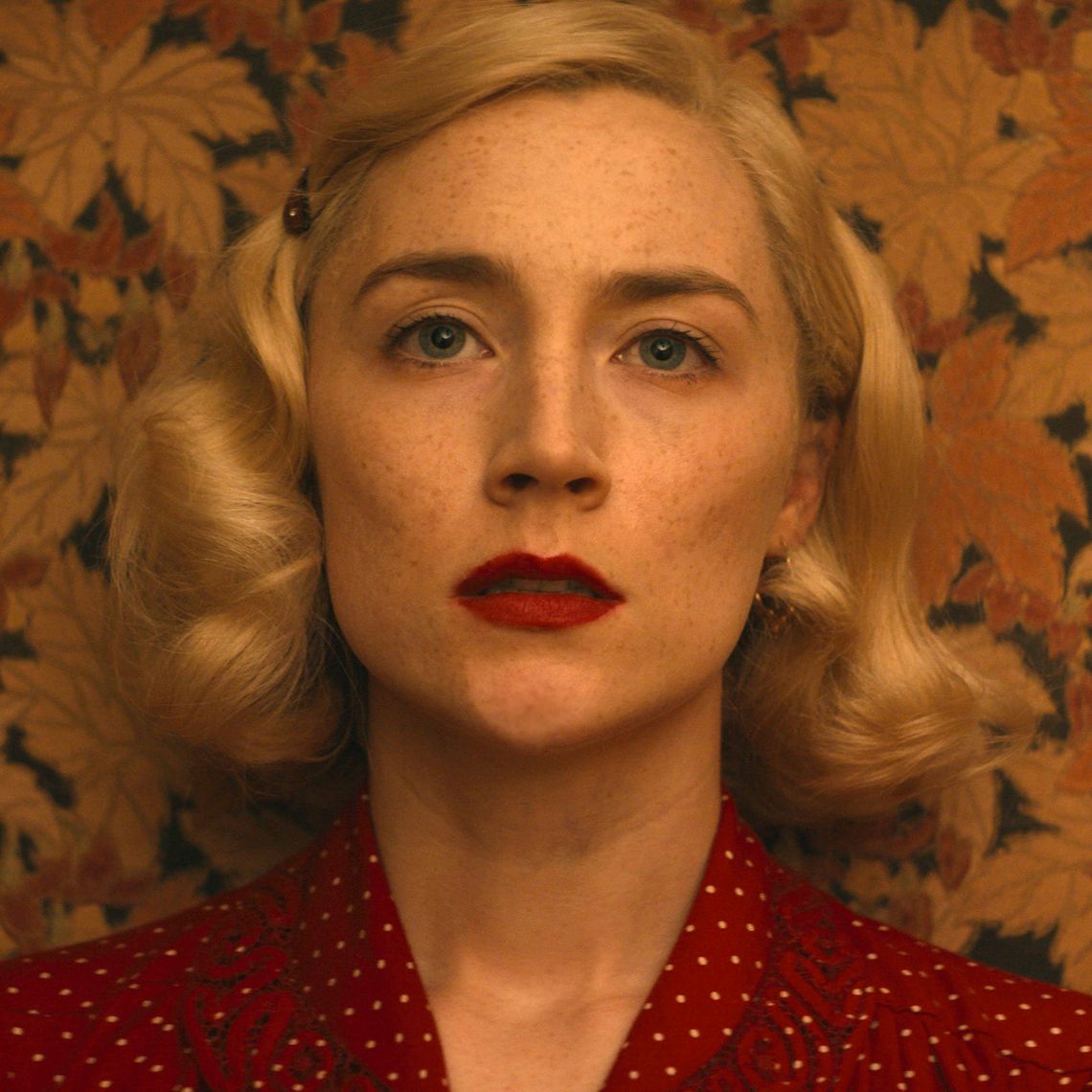Here’s why co-leads like Ariana Grande get “Supporting” nominations.
Photo-Illustration: Vulture; Photos: Everett Collection (Searchlight Pictures, Universal Pictures), David Lee/Netflix, Shanna Besson/Pathé
Over the course of their never-ending Wicked promo campaign, Cynthia Erivo and Ariana Grande have been positioned as equals. They walk red carpets together, sit for interviews together, and hold space for “Defying Gravity” together. But with this week’s Golden Globe nominations, the two were no longer a package deal. Erivo was nominated in the Lead Actress in a Musical/Comedy category, while Grande was dubbed a supporting actress, as she will so often be this awards season.
When we talk about this year’s supporting-actress field, it’s all too easy for Oscar fans to sound like Goldilocks testing porridge. Sometimes, as in the case of Isabella Rossellini’s Globe-nominated turn in Conclave, we complain that an actress has too little screen time to be considered. (Only six minutes!) Others, we grumble that someone has too much screen time to be considered a supporting role. After all, isn’t Grande, and her fellow supporting nominee Zoe Saldaña of Emilia Pérez, actually that dreaded term: a co-lead?
The case of Rossellini can be addressed in a single sentence. She’s being recognized less for what she does onscreen in Conclave and more for her overall place in film history. But the others require a deeper dive. When a movie has two primary characters, how do campaigns decide who goes in lead and who goes supporting?
To start, there are two numbers you need to know — 33 and 40. The former is how many years it’s been since two actors from the same film were nominated in a lead acting category: Geena Davis and Susan Sarandon for Thelma & Louise. Both lost; the latter number is how many years it’s been since anyone won in that situation, which came when F. Murray Abraham took gold for Amadeus over co-star Tom Hulce. That’s a rough track record, and in the decades since, most campaigns have operated by an unwritten rule that says each film can have only one lead performance per gender.
This understandable bit of gamesmanship has unintended consequences. Movies about straight relationships are able to run both stars as leads, while movies about gay romance must shunt half the central couple down to supporting, which arguably results in a smaller awards-season profile. (Would Jennifer Lawrence’s star have risen quite so quickly had she merely won Supporting Actress for Silver Linings Playbook?) The same goes for movies about same-sex friendships. There are all sorts of fraught implications around who gets placed in Supporting in these cases, especially when the relationships involve a white actor and an actor of color, like Green Book’s Viggo Mortenson and Mahershala Ali, or a veteran cast alongside someone younger and less established, like Carol’s Cate Blanchett and Rooney Mara. The whole situation is ripe for behind-the-scenes drama: I just started reading Daniel D’Addario’s novel The Talent, which opens with tense pre-Telluride discussions between a Meryl-style legend and her ingenue co-star about which of them will run in lead.
Of course, campaigns can’t simply come out and say their category placements were decided by awards-season realpolitik, and instead must backfill reasons why a given performance belongs in lead or supporting. Why did Brad Pitt run in supporting for Once Upon a Time in Hollywood? Because his character worked for Leonardo DiCaprio’s, I was told, meaning he was literally supporting Leo. Such is the case this year, which sees four co-leads running in the supporting categories, each with their own rationale:
The POV Character: Zoe Saldaña, Emilia Pérez
For the first act of Emilia Pérez, Saldaña’s lawyer is unquestionably the film’s main character. She sings the furious opening number, “El Alegato,” after which she gets a hero’s journey in miniature: She’s called to adventure (helping a murderous drug lord transition), crosses the threshold into the unknown (a Thai gender-reassignment clinic), and returns home transformed by the experience (she’s rich). But once she succeeds, the film shifts focus to Karla Sofía Gascón’s newly reformed gangster, leaving Saldaña’s character with less to do. The comparison everyone uses is Nick Carraway in The Great Gatsby: While Saldaña is the lens through which we’re introduced to the operatic world of Emilia Pérez, the title character is the one driving the narrative. Extra-textual matters play a role here, too. Gascón is hoping to become the first out trans actor nominated for an Oscar, so positioning her as the movie’s lead makes sense, as it aligns with the campaign’s trans-empowerment themes.
The Ensemble Player: Danielle Deadwyler, The Piano Lesson
According to our critic Bilge Ebiri, one of the most significant changes Malcolm Washington’s film makes from August Wilson’s play is to beef up Deadwyler’s Berniece, who refuses to part with a family heirloom once owned by an enslaved ancestor. “The movie effectively becomes her story,” he writes. This Piano Lesson foregrounds Berniece’s connection to the titular instrument, and gives her shades that other characters lack, particularly around her search for romantic autonomy. The comparison to another Wilson adaptation, 2016’s Fences, is illustrative: While Viola Davis got away with running in supporting partly because her character lived in the shadow of Denzel Washington’s overbearing husband, Deadwyler is more than able to hold her own against her onscreen brother, John David Washington.
So why isn’t she running as a lead? Despite the movie’s efforts to open up the material, this is still a film that’s based on a play, and as such, Deadwyler goes in and out, spending decent stretches offstage off-screen so others can have their moment. In an extremely competitive year for Best Actress, her part likely isn’t hefty enough to make the grade as a lead. Unlike someone else on this list, there’s awards-season precedent to slotting her in supporting: The original Broadway Berniece, S. Epatha Merkerson, was nominated as a featured actress at the 1990 Tony Awards.
The Second Star in a Two-Hander: Kieran Culkin, A Real Pain
The supporting actor field isn’t quite so stocked with co-leads as its counterpart, but it does feature one contender who dwarfs the competition in screen time. Jesse Eisenberg’s Polish travelogue follows a pair of cousins who attempt to repair their relationship while reconnecting with their roots. David (Eisenberg) is the boring, sensible one; Benji (Kieran Culkin) is the wild card. There are a handful of minor characters, but for the most part, the film is just David and Benji spending time together. In that instance, how does a campaign decide who goes where? I see the case for Eisenberg as the lead: While Benji’s unpredictable nature drives the story, the film privileges David’s perspective. (Not least because he’s the one played by the writer-director.) If you’re the kind of person who sees A Real Pain, you’re much more likely to see yourself in David, who’s jealous of Benji’s charisma and impulsiveness but also frustrated by his selfishness. However, note that this is the exact opposite of the argument used for Emilia Pérez. Which is not hypocrisy — they’re being handled by different studios — but does give a sense of how much category placement is just post-hoc reasoning. It also goes some way toward explaining why Culkin seems like he might be on the verge of sweeping the season.
The Best Friend: Ariana Grande, Wicked
Saldaña’s placement was the subject of some controversy earlier this fall, but recently, Grande’s has been the supporting-actress bid under the microscope. During Wicked’s original Broadway run, Kristin Chenoweth’s Glinda ran as a lead at the Tonys alongside Idina Menzel’s Elphaba, who won. In her memoir, Chenoweth called this a point of pride: “Winning another Tony would not have made me happy if that meant reducing Glinda from a lead to a sidekick.” While her larger point about the relative rarity of two female leads is well taken, in the matter of category placement, I’m afraid I have to disagree. Running Grande in supporting is not an especially controversial choice! Glinda’s arc revolves around her relationship with her viridescent roommate; with very few exceptions, her scenes are either with Elphaba or reacting to Elphaba. Even her other relationships, with love interest Fiyero and mentor Madame Morrible, are reflections of Elphaba’s own relationships with them. The pushback against such placement is why I’ve stopped saying the supporting races are the “lesser” categories. Grande does a fantastic job creating a three-dimensional comic character out of a sidekick part. Calling it a supporting performance is not an insult.
If any of this bugs you, I’ve got good news. In a break from conventional wisdom, the Pedro Almodóvar movie The Room Next Door is running both of its stars, Tilda Swinton and Julianne Moore, as leads. Neither has gotten much traction in what’s become the year’s toughest acting race (though Swinton did pick up a Globe nomination), but it just goes to show: The rules are all made up, and you can actually do whatever you want — as long as you don’t care about winning.
Every week between now and January 17, when the nominations for the Academy Awards are announced, Vulture will consult its crystal ball to determine the changing fortunes in this year’s Oscar race. In our “Oscar Futures” column, we’ll let you in on insider gossip, parse brand-new developments, and track industry buzz to figure out who’s up, who’s down, and who’s currently leading the race for a coveted Oscar nomination.
Photo: MUBI/Everett Collection
I still have egg on my face from Jennifer Lopez’s Hustlers campaign, so until this week I’d been reticent about predicting The Substance in major categories. But now I’m ready to believe. Not because The Substance cleaned up with this week’s Golden Globe and Critics Choice nominations — though it doesn’t hurt that both bodies treated the film like a serious contender — but because the French horror-satire is beginning to show up in our scant sampling of actual industry voters. Last month, the European Film Awards handed Coralie Fargeat’s film nominations for Best Film and Best Director, alongside a pair of craft trophies. This week, the Makeup and Hair Stylists Guild, Costume Designers Guild, and ACE Eddie Awards also saw fit to include the film in their noms. Substance mania has escaped the bounds of the internet and infected Hollywood. Watch out.
Photo: Jurgen Olczyk/Paramount Pictures/Everett Collection
After a last-minute release-date shuffle, the year’s most elusive contender opened this Friday. The limited release caps off a mixed week for the journalism docudrama, which earned a Best Drama nom at the Globes but was left out of the Best Picture lineup at Critics Choice. At least reviews are positive: Manohla Dargis calls September 5 “a serious movie unburdened by self-seriousness, its own and that of the profession it explores with cool, analytic dispassion.” Awards-wise, however, that intellectual bent makes for slim margins. While other bubble contenders like Sing Sing and A Real Pain get a boost from heart-tugging performances, September 5’s unflashy ensemble has been largely overlooked, leaving Screenplay as its best chance at contending elsewhere.
Anora, The Brutalist, A Complete Unknown, Conclave, Dune: Part Two, Emilia Pérez, Nickel Boys, A Real Pain, Sing Sing, Wicked
Photo: Julien Hekimian/Getty Images
Is Fargeat secretly The Substance’s best shot at an above-the-line nomination? Though star Demi Moore has the comeback narrative (as well as a showcase scene that would make a fantastic Oscar clip), she’s also competing with a murderers’ row of best actress contenders. There are no slouches in the director’s lineup, but I see more wiggle room toward the bottom, and of all the branches in the Academy, the European freaks who pick the nominees here seem more likely to be attuned to Fargeat’s particular sensibilities.
Photo: Taylor Hill/WireImage
Villeneuve was a surprise nomination-morning miss for the first Dune, but if the snub is repeated, few would be shocked. Despite being recognized three years ago, the Quebecois auteur wasn’t nominated at the Globes, and though he did make the cut at Critics Choice, that came in a category overstuffed with eight nominees. With a third Dune film on the horizon, Villeneuve’s work on this one is in danger of being taken for granted.
Jacques Audiard, Emilia Pérez; Sean Baker, Anora; Edward Berger, Conclave; Brady Corbet, The Brutalist; Coralie Fargeat, The Substance
Photo: Macall Polay/Searchlight Pictures/Everett Collection
The season’s most delightful subplot is Chalamet butching up his public image to sell his Bob Dylan biopic to boomer dads. Last weekend, the star appeared on ESPN’s College GameDay, stunning viewers and co-panelists alike by revealing himself as the Kwisatz Haderach of college-football picks. Somewhere out there, Adrien Brody is frantically searching for Dave Portnoy’s number.
Photo: A24/Everett Collection
He’s still a long shot for Oscar attention, but this season is turning out nicely for Grant. The British icon got the last spot at Critics Choice alongside the presumptive big-five actor contenders, and he headlines an eminently winnable Best Actor in a Musical/Comedy field at the Globes. The better his turn to the dark side performs this season, the better Grant’s case for some sort of career-recognition honor down the line. Can you believe he’s never been nominated for an Academy Award?
Adrien Brody, The Brutalist; Timothée Chalamet, A Complete Unknown; Daniel Craig, Queer; Colman Domingo, Sing Sing; Ralph Fiennes, Conclave
Photo-Illustration: Vulture; Photos: MUBI/Everett Collection
While Moore must survive the best actress cage match to earn her first career nomination (like Grant, she was too commercial to get in during her ’90s heyday), there is a bit of Oscars trivia that could be her good-luck charm. For three years running, the Best Makeup & Hairstyling trophy has overlapped with an Oscar-winning performance, and you have to go back to Suicide Squad to find a Makeup winner that did not have at least one acting nomination. We always say that Oscar voters love a transformation, and Moore’s is certainly the most dramatic in the bunch.
Photo: Pablo Larraín/Netflix
Perhaps I was premature when I dubbed Jolie an Oscar lock back at Venice. On paper she has everything going for her — as my colleague Alison Willmore notes, Maria’s every line of dialogue seems designed to be put in a trailer — but as the opera biopic hits Netflix this week, I can’t ignore the abundance of scathing reviews. “Callas could sing three octaves, but the film is mostly one note,” says Amy Nicholson. Jolie isn’t getting off easy, either: Michael Schulman slams the star for giving “a boring, risk-free performance.” Having shown up at both the Globes and Critics Choice, Jolie is still technically on track for a nomination. But the lack of passion for this project could prove her Achilles’ heel.
Cynthia Erivo, Wicked; Karla Sofía Gascón, Emilia Pérez; Angelina Jolie, Maria; Nicole Kidman, Babygirl; Mikey Madison, Anora
Photo: Searchlight Pictures
It’s not just Timmy: A Complete Unknown solidified its spot in the Best Picture race this week, edging Sing Sing for a Best Drama nomination at the Globes and beating A Real Pain to a spot at Critics Choice. Norton, too, is looking secure after earning nods from both precursors. As Pete Seeger once sang, to everything there is a season. A decade after Birdman, this could be yet another turn, turn, turn for the mercurial actor.
Photo: Focus Features/Everett Collection
Ave Maria! Even while Conclave had a great week at the Globes and Critics Choice (where its 11 noms led the field), Tucci failed to join his nominated co-stars Ralph Fiennes and Isabella Rossellini at either. Unless the papal thriller becomes an unstoppable freight train at the Oscars, it appears this Tooch is cooked.
Kieran Culkin, A Real Pain; Clarence Maclin, Sing Sing; Edward Norton, A Complete Unknown; Guy Pearce, The Brutalist; Denzel Washington, Gladiator II
Photo: MGM/Everett Collection
Nickel Boys hits theaters this weekend on the back of a strong showing at the initial tastemakers and a wave of gushing reviews. (Richard Brody, who usually hates Oscar movies and thought Parasite was just okay, named it his No. 1 film of the year.) I wonder, though, if voters will find room for the film’s performances on their ballots, or whether they’ll consider Nickel Boys a purely visual achievement. Those fears were confirmed at the Globes, where Ellis-Taylor was one of a handful of notable Black talent left out. Thankfully, the Critics Choice Awards came through for her performance, a genuine source of warmth in a film that can be a difficult watch.
Photo: Apple TV+
Unlike other contenders who missed the cut at the Globes and Critics Choice, Ronan at least has a plausible path, since you have to figure she’ll show up at BAFTA. But Blitz’s overall poor reception — it blanked at the Globes and only received a single nomination from the Critics — makes me think Steve McQueen’s film is destined to be a crafts-only play.
Danielle Deadwyler, The Piano Lesson; Ariana Grande, Wicked; Felicity Jones, The Brutalist; Isabella Rossellini, Conclave; Zoe Saldaña, Emilia Pérez
See All

